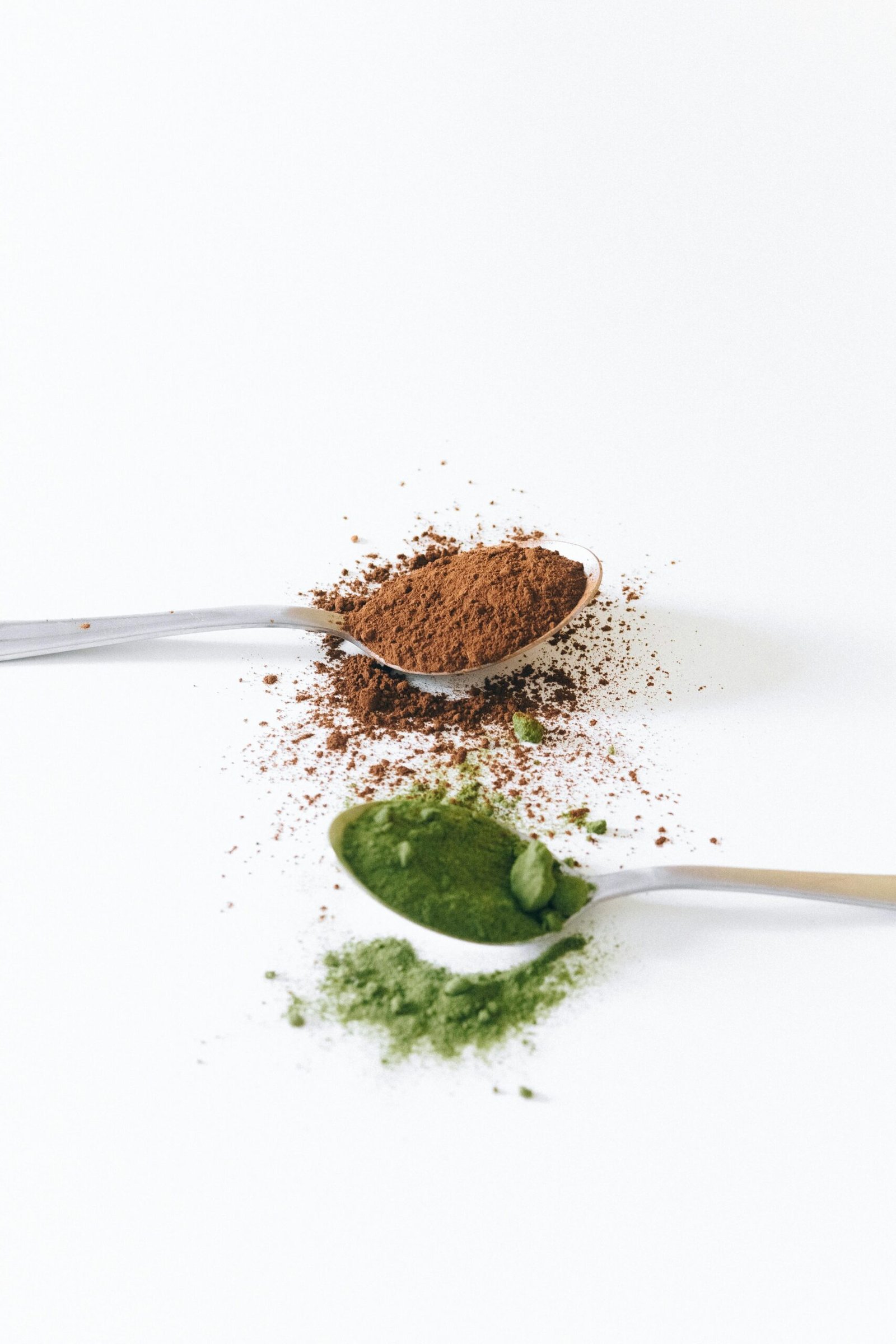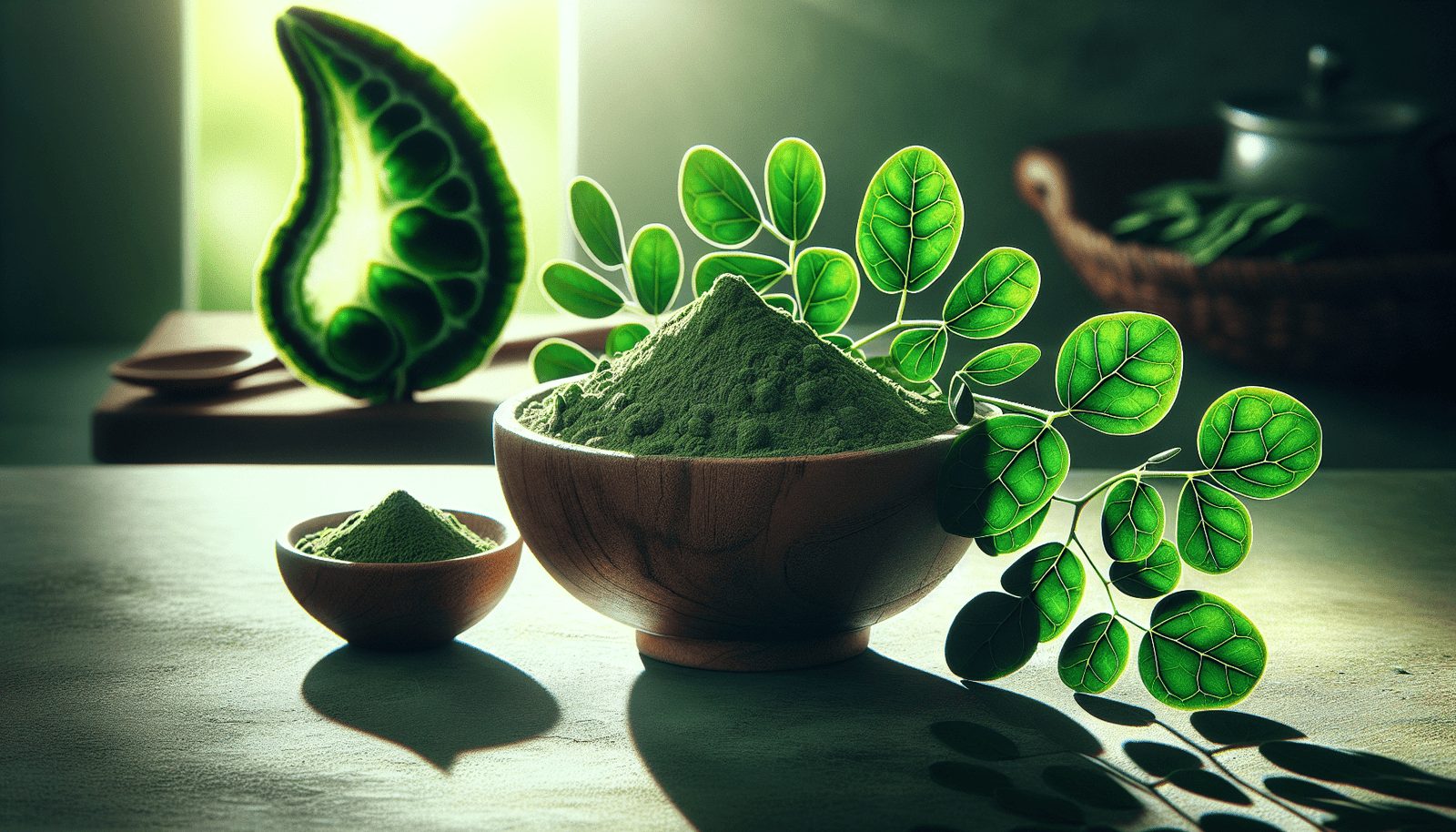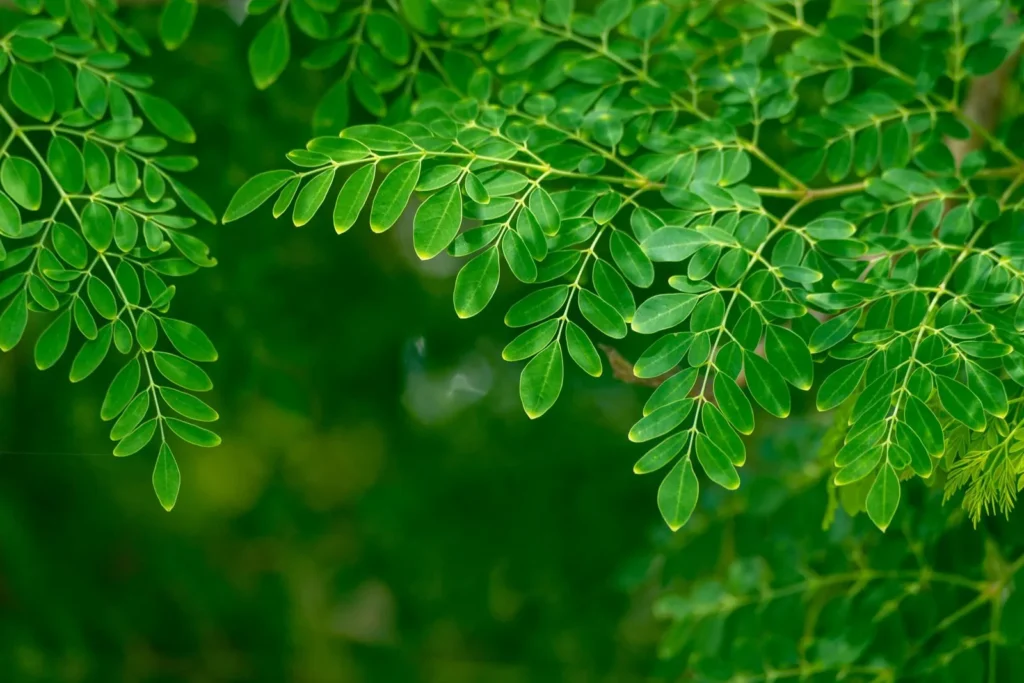Is Moringa beneficial for kidney health?
If you’ve ever heard of Moringa, you might be curious about its benefits, particularly for kidney health. After all, our kidneys play a crucial role in filtering waste from the body and maintaining fluid balance. Let’s take a closer look at how Moringa can support your kidneys and even enhance overall well-being.
What is Moringa?
Moringa, scientifically known as Moringa oleifera, is a tree native to parts of Africa and Asia. Often referred to as the “drumstick tree” or “miracle tree,” every part of this tree is edible and packed with nutrients. The leaves, in particular, are known for their high content of vitamins, minerals, and antioxidants.
Nutritional Profile of Moringa
Understanding what makes Moringa special is important, especially its nutritional profile. Here’s a quick look at the key components of Moringa leaves:
| Nutrient | Amount per 100g |
|---|---|
| Protein | 27g |
| Vitamin A | 18,000 IU |
| Vitamin C | 220 mg |
| Calcium | 440 mg |
| Potassium | 1,500 mg |
| Iron | 4 mg |
This table shows that Moringa is not just another herb; it’s a powerhouse of nutrition that can support various bodily functions.
The Role of Kidneys in Health
Before diving into how Moringa helps your kidneys, it’s essential to understand the kidneys’ functions. You have two kidneys, and they play multiple roles in your body, such as:
- Filtering Blood: They remove waste products and excess substances from your bloodstream.
- Regulating Blood Pressure: They help balance electrolytes and regulate blood volume, impacting overall blood pressure.
- Maintaining Electrolyte Balance: This is crucial for muscle function and nerve signaling.
- Producing Hormones: Your kidneys release hormones that control red blood cell production and calcium metabolism.
Keeping your kidneys healthy is vital for overall well-being, and this is where Moringa can make a difference.

How Moringa Benefits Kidney Health
Moringa offers several benefits that may contribute to kidney health. Let’s break down those benefits.
1. Antioxidant Properties
Moringa is rich in antioxidants like quercetin, chlorogenic acid, and beta-carotene, which help combat oxidative stress. Oxidative stress can damage cells and tissues, including the kidneys. By consuming Moringa, you may reduce the risk of kidney damage and improve overall function.
2. Anti-Inflammatory Effects
Chronic inflammation is often linked to various health issues, including kidney disease. Moringa possesses anti-inflammatory properties that may help reduce inflammation in the kidneys, promoting better health and supporting kidney functions. This can be particularly beneficial for individuals with conditions like chronic kidney disease.
3. Rich in Nutrients
The plethora of vitamins and minerals found in Moringa contributes to overall health. Nutrients like potassium and calcium can help maintain electrolyte balance, which is vital for kidney health. Additionally, the high protein content can assist in tissue repair, which is necessary for maintaining healthy kidney function.
4. Diuretic Properties
Moringa has natural diuretic properties, which can help increase urine production and flush out toxins from the body. This is particularly helpful for individuals at risk of kidney stones or urinary tract infections, as it promotes better kidney function by preventing the buildup of harmful substances.
Moringa and Kidney Disease
If you or someone you know is dealing with kidney disease, Moringa may be worth considering, but it’s important to approach this topic with care. Different stages of kidney disease may require varying dietary needs.
1. Chronic Kidney Disease (CKD)
When it comes to CKD, diet becomes a crucial factor in managing the condition. While Moringa is nutrient-dense, its potassium levels may pose a challenge for individuals with advanced CKD, who often need to limit potassium intake. It’s essential to consult a healthcare professional before adding Moringa to your diet if you’re in this category.
2. Kidney Stones
For people prone to kidney stones, Moringa may offer protective benefits due to its ability to promote urine output. Increased urine flow can help flush out small stones before they become problematic. However, individuals should still monitor their calcium intake and dietary habits to maintain balance.
3. Diabetic Nephropathy
If you have diabetes, you might be at a heightened risk for kidney issues, particularly diabetic nephropathy. Research indicates that Moringa could help manage blood sugar levels, which might indirectly support kidney health by reducing the risk of complications related to diabetes.

How to Consume Moringa
Thinking of incorporating Moringa into your diet? You have various options to consider.
1. Fresh Leaves
The fresh leaves can be added to salads, smoothies, or cooked dishes. They have a slightly peppery taste and are a great way to enhance the nutritional value of your meals.
2. Moringa Powder
Moringa powder is a popular supplement option. You can add it to smoothies, soups, or even baked goods. Just a teaspoon can go a long way in giving your meals a nutritional boost.
3. Moringa Tea
Steeping dried Moringa leaves in hot water creates aHealthful tea. This is an easy and enjoyable way to incorporate Moringa into your everyday routine.
4. Capsules and Supplements
If you prefer convenience, Moringa capsules and supplements are available. This option is especially useful for those who may not want to cook with Moringa or might not enjoy its taste.
Precautions to Consider
While Moringa has many benefits, there are precautions you should take into account.
1. Consult with Your Doctor
Always speak with your healthcare provider, especially if you have existing kidney issues or are taking medications. They can guide you on whether Moringa is suitable for your dietary needs.
2. Moderation is Key
Although Moringa is generally regarded as safe, consuming it in moderation is wise. Overconsumption can lead to potential side effects, including stomach upset.
3. Monitor Your Diet
If you’re managing a specific health condition, like CKD or diabetes, keeping an eye on your overall diet is essential. Moringa should complement your existing dietary management plan.

Integrating Moringa into Your Lifestyle
If you’re excited about the idea of including Moringa in your daily routine, here are some simple ways to do so.
1. Smoothie Recipes
Making a Moringa smoothie is a fantastic way to start your day. Just blend together:
- 1 banana
- 1 cup of spinach
- 1 tsp of Moringa powder
- 1 cup of almond milk
- Optional: a tablespoon of nut butter for added protein
This smoothie is not only delicious but packed with nutrients that can contribute to kidney and overall health.
2. Moringa Salad
Add fresh Moringa leaves to your favorite salad for an extra health boost. Pair with ingredients like cherry tomatoes, cucumber, and a light vinaigrette for a tasty, nutritious option.
3. Cooking with Moringa
Incorporate Moringa powder into your cooking! You can add it to soups, sauces, and even baked goods. It’s an easy way to boost nutritional content without changing the flavor significantly.
Research on Moringa and Kidney Health
Scientific studies regarding Moringa and kidney health continue to emerge. Some research suggests that Moringa may help reduce markers of kidney damage and improve kidney functions in animal models. However, human studies are still limited, and more research is needed to validate these findings.
Recent Studies
- Animal Studies: Certain studies involving rats have shown that Moringa may help slow down the progression of kidney damage.
- Blood Sugar Regulation: Research has indicated that Moringa can positively affect blood sugar and lipid levels, which can indirectly support kidney health by maintaining overall metabolic balance.

Conclusion
The benefits of Moringa for kidney health are promising, offering a range of supportive properties that may help maintain this vital organ’s function. Its nutrient-dense profile, coupled with antioxidant and anti-inflammatory properties, makes it a unique addition to your dietary routine.
However, it’s crucial to approach consumption mindfully, particularly if you have existing kidney issues. Ensure you’re consulting with healthcare professionals to tailor your diet to your specific needs. Integrating Moringa into your life can be simple and delicious, providing not just kidney support but a myriad of other health benefits along the way.
Remember, taking small, consistent steps towards incorporating nutrient-rich foods like Moringa can lead you on a path to better health, starting with those hardworking kidneys.


